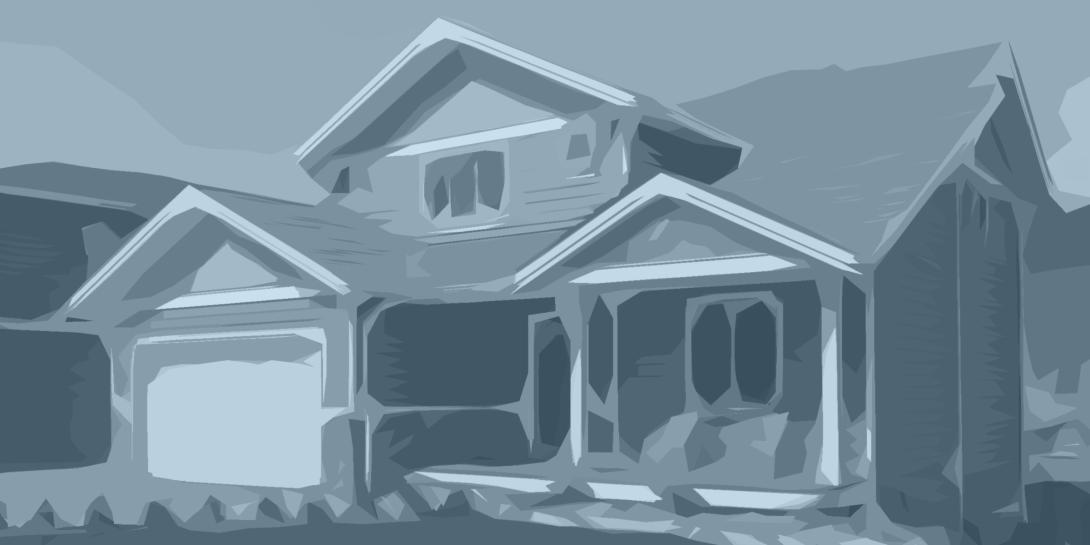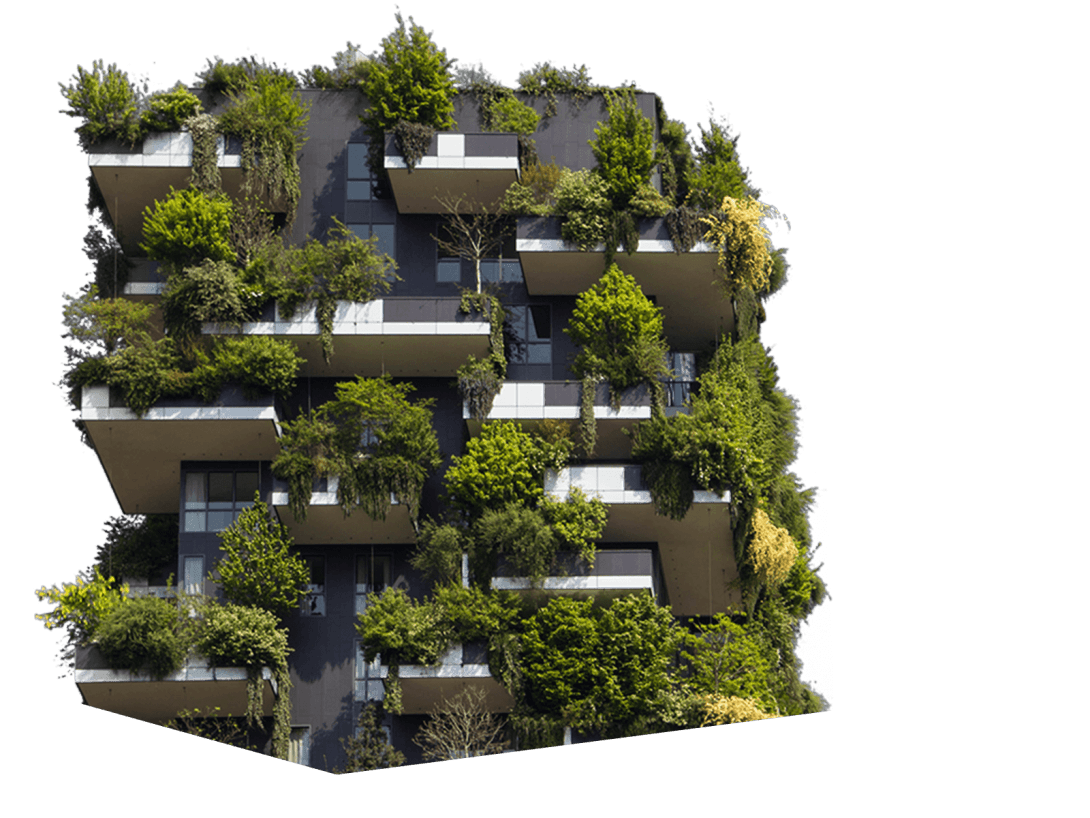Germany is the only EU country with more renters than buyers. The share of homeowners actually fell last year from 49 to 47 percent, according to figures published recently by Eurostat. According to Eurostat, the share of ownership across the EU also fell, by almost one percentage point. Nevertheless, the EU average was 69 percent owners and 31 percent renters. The percentage of those who own their properties is particularly high in Eastern EU countries, such as Romania (95 percent), Slovakia (93 percent), Croatia (91 percent) and Hungary (90 percent). The lowest share of owners outside Germany is in Austria (51 percent), Denmark (60 percent) and France (63). Outside the EU, Switzerland (42 percent) has an even lower share of owners than Germany.
Why is it that there are so few owners in these countries and why is the ‘renting culture’ so prevalent in Germany, particularly in urban areas? In Berlin, the share of owners is actually below 20 percent.
Building residential housing after the war
Above all, experts cite historical reasons for the low share of home ownership in Germany. After the Second World War, Germany had a lack of capital and, at the same time, urgently needed residential space for its population. Around 20 percent of the housing stock in West Germany was destroyed. In addition, many refugees came from the east who had lost everything. In 1950, there was a housing shortage of 4.5 million apartments. As a result, the government of the day very quickly built simple rental properties and then later withdrew from the sector.
After the residential market was liberalised soon after the war, it was still profitable for investors to put money into rental apartments. The government subsidised the building of social housing with grants, guarantees and tax incentives. And because rents remained affordable for so long, people were happy to continue renting for long periods.
In Eastern Germany – the former GDR – rental housing was heavily subsidised, making it unnecessary to own properties; and anyway, property ownership was only possible to a limited degree. The result was that the share of property ownership in the former GDR states was even lower than in the Federal Republic after reunification – and still is to this day. The reason that this share is much higher in other post-Communist countries is that the governments of those countries sold them off to tenants cheaply from 1989. However, most of this real estate is in dire need of refurbishment.
In Germany, on the other hand, rented flats are of a higher quality on average than owner-occupied flats in many EU countries. Tenancy legislation has also developed such that there was little incentive to leave their rented housing. This includes aspects such as housing allowance for low-income tenants, the high level of protection against eviction and many other statutory regulations designed to protect tenants.
High construction and ancillary costs
Another important reason for the low share of property ownership: construction costs in Germany are very high compared to other countries. This also has to do with the traditionally very solid methods of construction in Germany, the increasingly stringent energy requirements and, not least, due to the sharp rise in prices of raw materials and building materials. On top of which, there are other costs too: The government will also charge owners for the costs of developing the building plots and, most importantly, will levy a land transfer tax, which amounts to between 3.5 and 6.5 percent of the purchase price depending on the federal state. A study by the German Economic Institute (IW) some years ago revealed that property buyers in Germany spend an average 5.5 months’ salary on the land transfer tax alone – and have to save for four years (also on average) to afford it.
The German Bundesbank, which some time ago analysed the reasons for the low rate of home ownership, concluded that it should also be possible to write off loan interest from tax for owner-occupied residential property. Up to now, this has only been possible for rented properties because the owners’ rental income is taxed. If the law is changed in future and all property owners are allowed to set these costs off against tax, then this might also make the purchasing of real estate more affordable.
Real estate in Germany is not necessarily more expensive than in other EU countries, at least not if you compare the average price per square metre in major cities with the average income. Buyers not only need a stable income, however, they also need to invest more of their own capital than in many other European countries for the bank to agree to the mortgage – 20 to 30 percent is the rule of thumb. This makes the purchase more difficult or even impossible for many people, but does protect the buyer from becoming financially overstretched, as has been the case in the US and Spain, for example, and helps make the financial market more stable.

